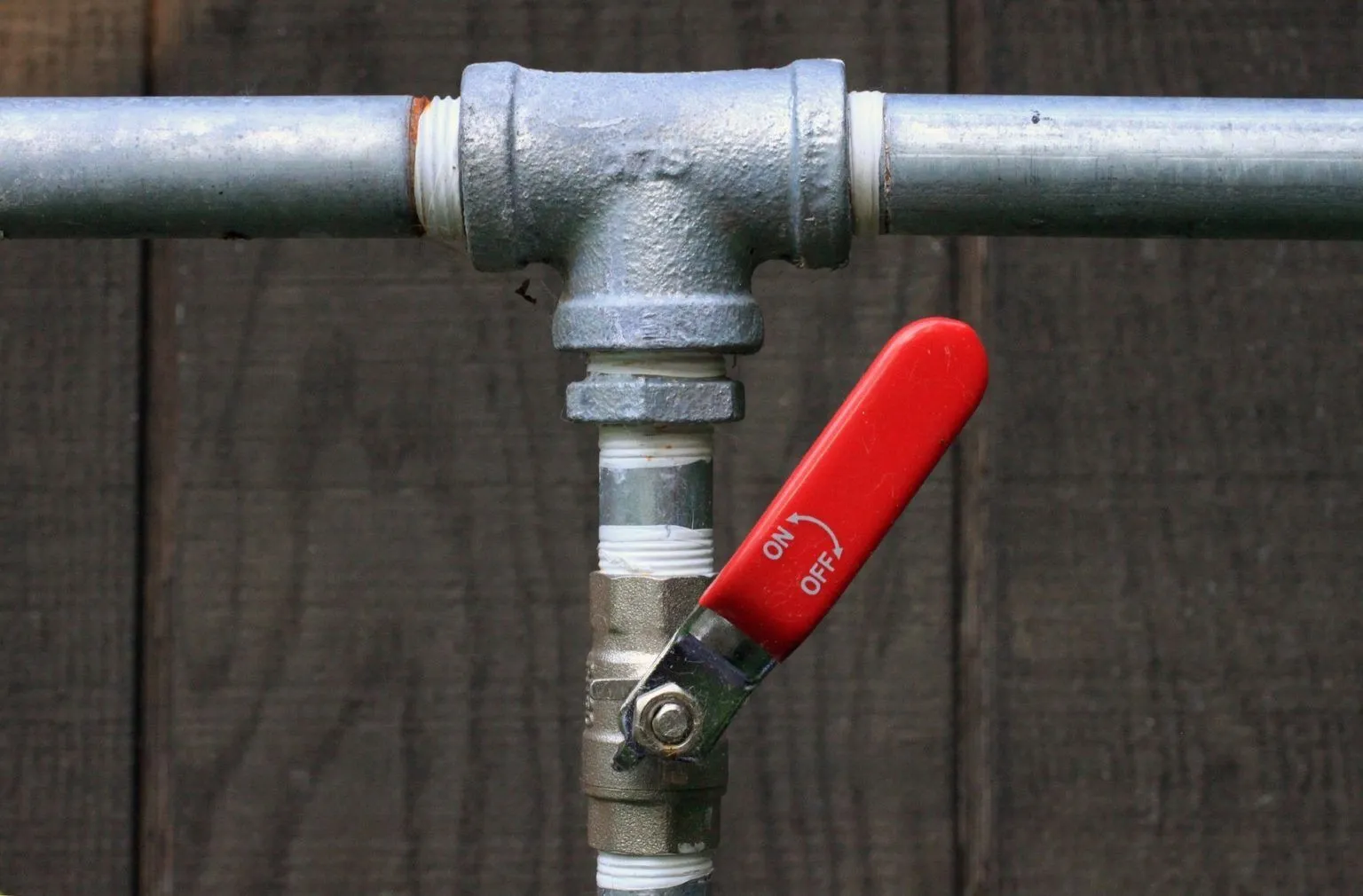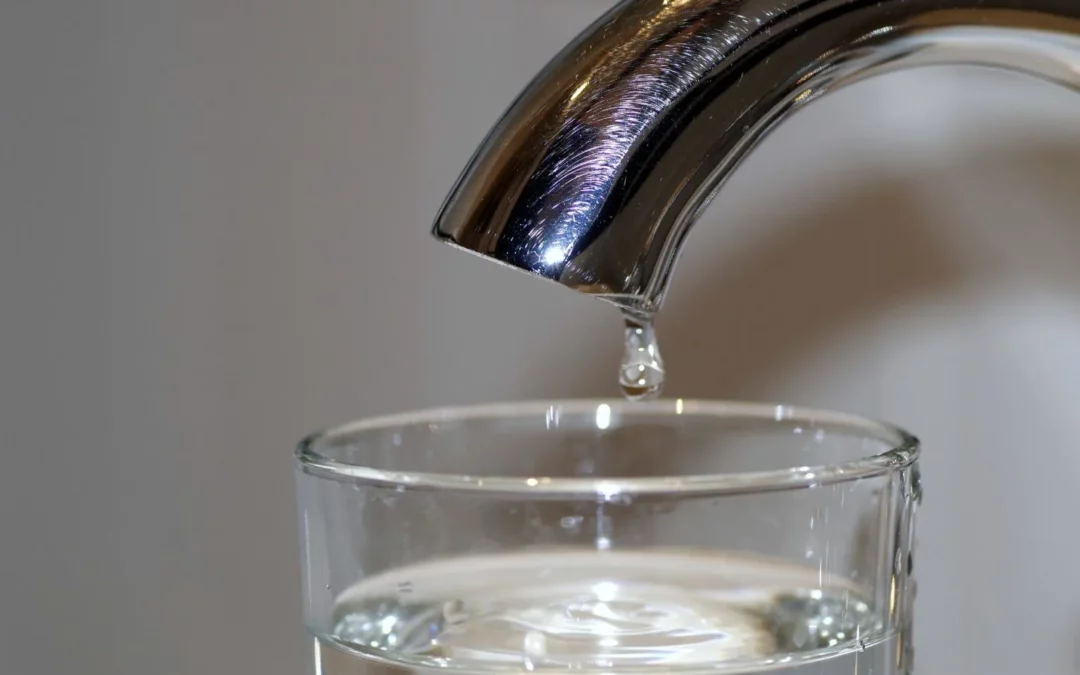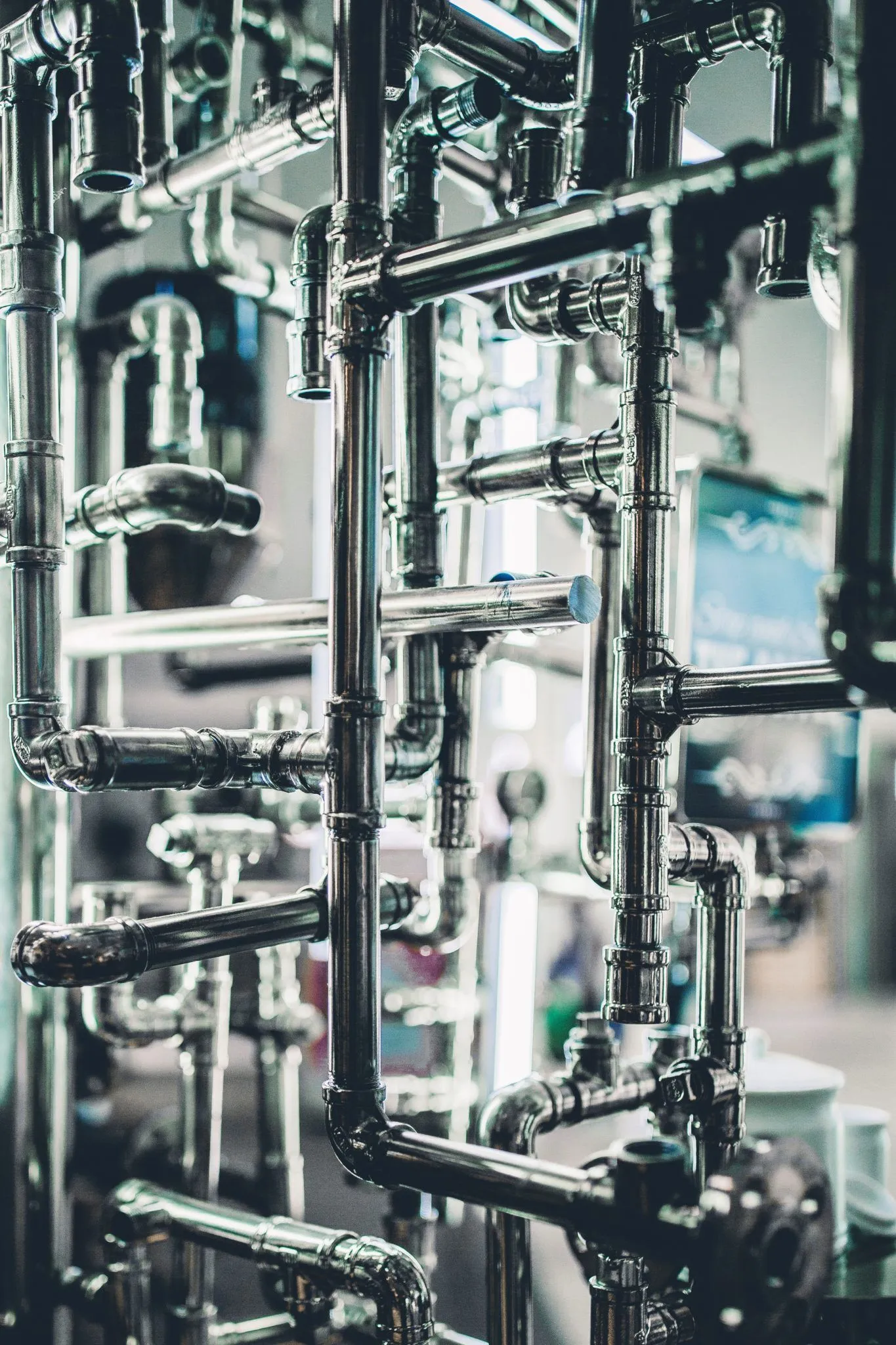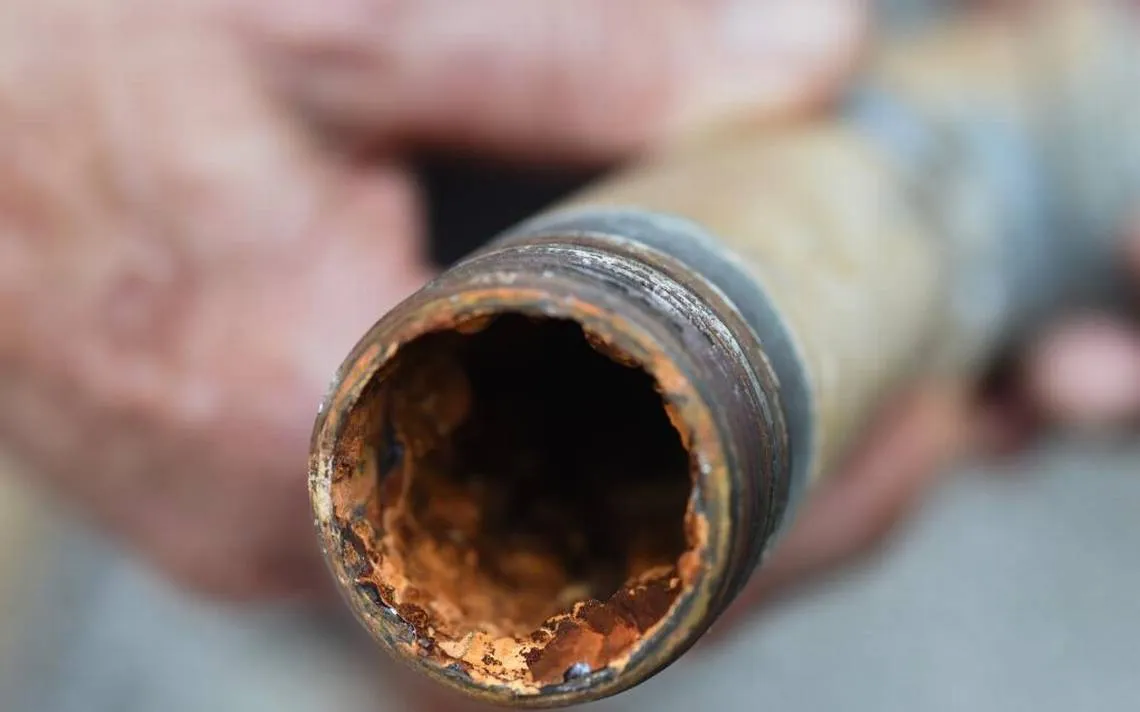At the end of a long day of work, you’d probably like to kick back and relax in your home. The last thing you’re looking for is another problem to deal with. But low water pressure is a common nuisance for many homeowners. Whether you’re cleaning the dishes, taking a shower, or washing your hands — low water pressure can make the task difficult and ruin your experience. If you don’t find the true source of the problem, this issue will probably keep getting worse for you. Your water may even slow all the way down to the tiniest trickle. With this in mind, we’ve gathered a list of some common causes of low water pressure.
The Shutoff Valve Isn’t Fully Open
Your home’s shutoff valve controls the water flow into your home. It may be located inside or outside. You need to make sure that the valve is fully opened. There’s also a water meter valve, which should be located right by your water meter. You usually won’t use this valve. But, when your entire home has low water pressure, it’s a sign that this valve may not be all the way open. If you had a recent home repair done that involved your plumbing, either of these valves may be partially closed.
Your Pressure Regulator Isn’t Working
A likely cause of home water pressure problems is a failing pressure regulator. Not all houses have these. They’re added as an extra precaution for homes that experience damaging, higher–than–average water pressure. If your home does have a pressure regulator that isn’t working properly, it can cause your water pressure to spike or lower. When you notice all your plumbing fixtures being affected suddenly, it’s a good sign you need a pressure regulator replacement.
Too Many Appliances are Using Water
The more appliances that are using water simultaneously, the less water that each individual machine will receive. You may be able to run two or three such appliances at once. Going over that can affect your water pressure. An easy fix would be to stagger your water needs at various times throughout the day. If you need a shower in the morning, wait until later to run the washer or water your lawn.
 Buildup in the Pipes
Buildup in the Pipes
When your water main starts to fracture, different types of debris can get into your pipes. That might include dirt, sand, minerals, starches, grease, tree roots, and other pollutants. Even if your pipeline isn’t fractured, it’s still susceptible to mineral buildup that’s caused by water passing through the pipes over the years. Even a little bit of sediment can start to build up and eventually block up your plumbing. This may happen faster if your local area has issues with hard water. Also, when plumbing is left alone without any use for weeks and weeks, debris will cling to the piping.
To fix plumbing buildup, you’ll have to examine some of your piping to see if that really is the issue. In some cases, you may be able to break down the minerals and flush them out with plumbing chemicals. This isn’t advisable, though — especially if you don’t know exactly what’s in those chemicals. For any sort of plumbing problems in the Lehigh Valley area, you can always call on the team at Agentis Plumbing. We’ll use a hydro-jetter, ensuring that the pipes are completely clean. Additionally, we can provide a reliable plumbing inspection, using top-of-the-line video equipment. So, you can have peace of mind knowing there aren’t any other underlying issues.
Pipe Corrosion
If you have old lead or steel piping, it will eventually start to get corroded. Although, some piping systems are designed to last for 20, 40, or possibly 70 years. Pipe corrosion will just happen naturally at some point — there’s not much you can do about it. If you’ve put on a home addition that has extra plumbing fixtures, this added work for your plumbing can cause corrosion.
When you call Agentis, we’ll thoroughly inspect your pipeline. This way, we can let you know if a water line replacement is necessary. Or, we may be able to find a more affordable option for you. The good thing about replacing the pipeline is that it doesn’t have to be done very often. Usually, it’s only needed a few times in a lifetime.
Plumbing Leaks
When you get a leak in your plumbing, water will flow to places that it’s not supposed to go. Therefore, a plumbing leak can also reduce your water pressure. Whether it’s a small leak or a huge break in the piping, letting this problem go could result in major water damage. You should give the experts a call at the first sign of a problem. That might include a raise in your water bill, overgrowth or puddling at random points in your yard, hearing the sound of running water, foul odors, wet or damp flooring, or cracks in the wall.
Faulty Water Fixtures
If you’re only having issues with one or two fixtures and not your whole house — you might just have some buildup in the fixture itself or in the faucet aerator. You can remove these parts, clean them, and put them back on. If your water pressure issue persists, you might have to purchase new fixtures.
Shared Pipelines
Sometimes houses share their water pipelines. Whenever your neighbor is using the water, you’ll probably get lower water pressure. You may be able to plan your water use around your neighbor’s usage. If this is too much of an inconvenience, a pipe replacement might be the right fix for you.
Municipal Water Malfunctions
Similar to your own plumbing, your municipality’s water supply could be affected by corrosion, leaks, buildup, etc. Before you start turning valves and opening up pipes, you may want to talk to your neighbors. If everybody in your neighborhood is having water pressure problems, it’s probably an issue that needs to be handled by your local government or utility company. You can call up your municipal water supply company to see if they have a problem that they’re trying to fix.


 Buildup in the Pipes
Buildup in the Pipes